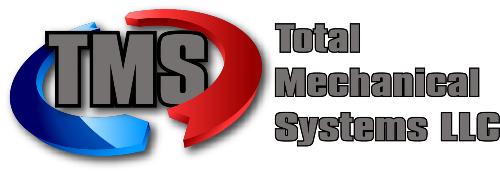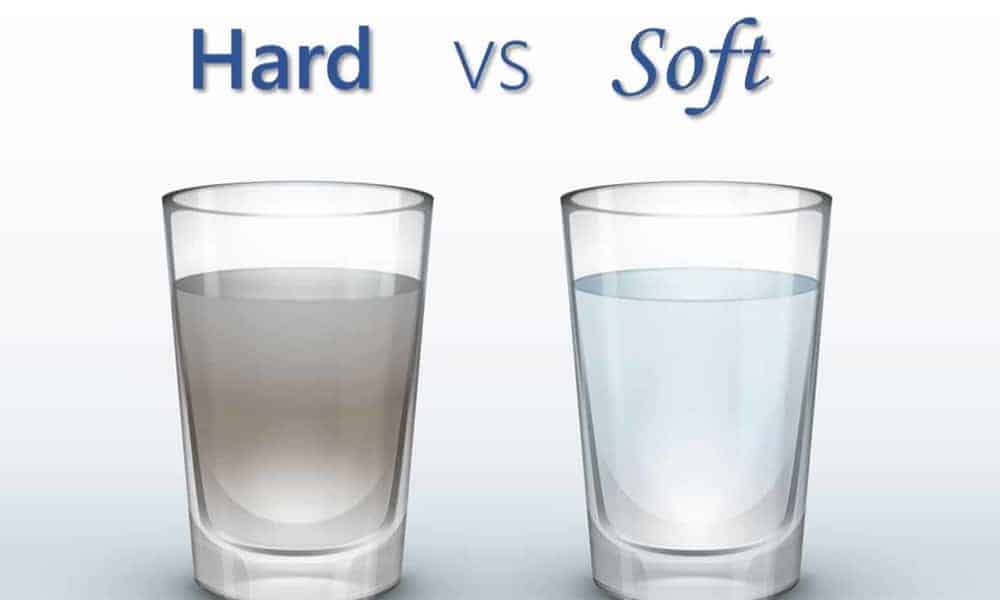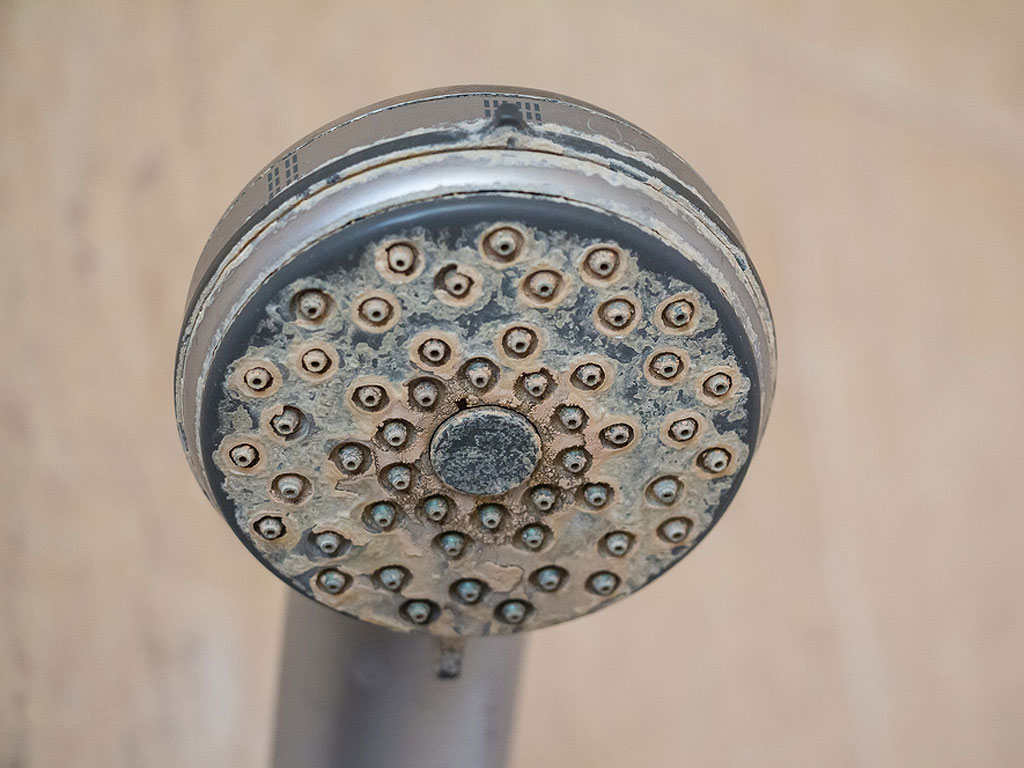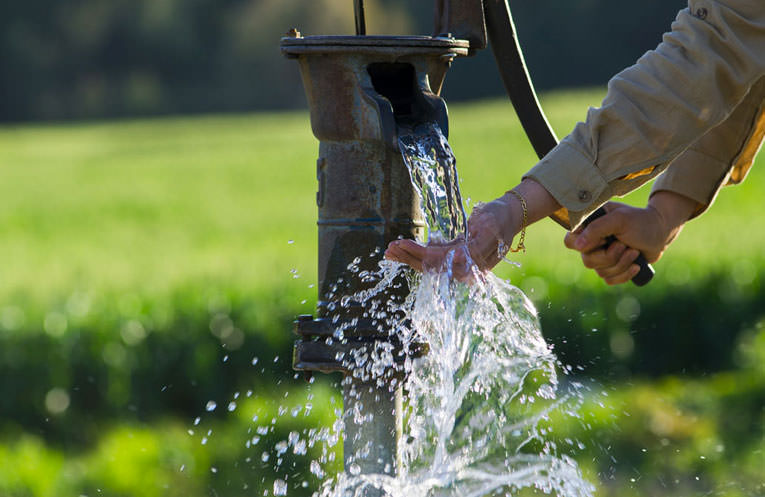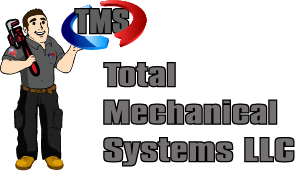The importance of home water treatment is high and its benefits come in many forms. Whether you’re a mom bringing your new bundle of joy home, or a family looking for solutions to hard water, home water treatment systems from Total Mechanical Systems offer your family the perfect solution to any home water concern.
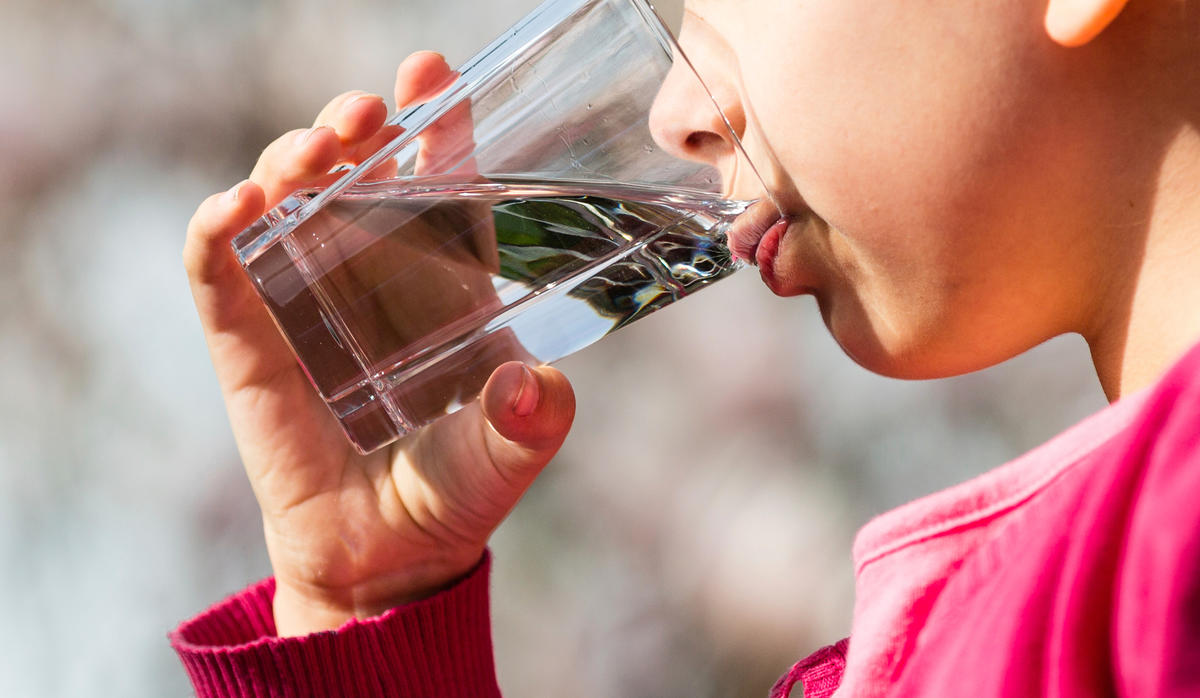
While most communities’ water supplies meet EPA Primary Drinking Water Standards, from source to your tap, water can still pick up impurities and contaminants not controlled by your city’s water supplier. Unwanted pollutants can accumulate as water travels your pipes, leaving you with odors and bad tastes. Identifying these problems can sometimes be easy; noticeable odor, visible particles, metallic or other bad tastes certainly are causes for concern. But other times the problems are not so readily apparent.
Let’s take a deeper look at the importance of home water treatment.
WHAT KIND OF POLLUTANTS DOES A WATER TREATMENT SYSTEM REMOVE?
Depending on the type of water treatment system installed, it can help you get rid of harmful substances and give you clean water for drinking, bathing, washing clothes and utensils, and more.
WATER SOFTENERS
They can help to treat hard water by removing excess minerals such as calcium and magnesium that can reduce the quality of clothes and cause a variety of skin problems. They can also help extend the life of your plumbing system and give water that is compatible with shampoos and soaps.
In short, water softeners can help get rid of calcium and magnesium that make the water hard.
IRON WATER FILTERS
As the name suggests, iron filters help to get rid of iron content from the water. They give clean water that is free of foul smell and does not leave orange stains on bathroom fixtures and utensils.
In simple words, the best iron filters help to remove iron from the water.
REVERSE OSMOSIS SYSTEM
An RO system helps to remove many contaminants from water. It uses a special semi-permeable membrane and a series of filters to give clean water. It is usually installed in a bathroom or kitchen sink, in showers, and inside a fridge with a water dispenser. It can help remove the following:
- Fluoride
- Lead
- Chlorine
- Pesticides
- Sulfates
- Nitrates
To put it clearly, an RO system can help get rid of many harmful substances from the water.
NEUTRALIZERS
Anyone with acidic water can benefit from a pH neutralizer! These systems are especially important for people who rely on wells for their water supply.
Acidic water can be a real problem for your home’s plumbing. It may cause corrosion of metal pipes, blue-green staining, dry hair and skin, and the leaching of metals (lead) into your water. The most common material to neutralize water is calcite. For very acidic water, a chemical feed system may be a better option.
In summary, by neutralizing water, plumbing and related problems can be avoided.
TREATMENT OF WELL WATER
There are many different treatment options for the treatment of well waters. No single treatment type will protect against all problems. Many well owners use a home water treatment unit to:
- Remove specific contaminants
- Take extra precautions because a household member has a compromised immune system
- Improve the taste of drinking water
Household water treatment systems are composed of two categories: point-of-use and point-of-entry. Point-of-entry systems are typically installed after the water meter and treat most of the water entering a residence. Point-of-use systems are systems that treat water in batches and deliver water to a tap, such as a kitchen or bathroom sink or an auxiliary faucet mounted next to a tap.
The most common types of household water treatment systems consist of:
- Filtration Systems: A water filter is a device which removes impurities from water by means of a physical barrier, chemical, and/or biological process.
- Water Softeners: A water softener is a device that reduces the hardness of the water. A water softener typically uses sodium or potassium ions to replace calcium and magnesium ions, the ions that create “hardness.”
- Distillation Systems: Distillation is a process in which impure water is boiled and the steam is collected and condensed in a separate container, leaving many of the solid contaminants behind.
- Disinfection: Disinfection is a physical or chemical process in which pathogenic microorganisms are deactivated or killed. Examples of chemical disinfectants are chlorine, chlorine dioxide, and ozone. Examples of physical disinfectants include ultraviolet light, electronic radiation, and heat.
In order to determine the best well water treatment option, contact our Total Mechanical Systems team.

So, what are the benefits of installing a water treatment system???
In addition to getting rid of contaminants from the water, water purifying systems have many advantages.
- SAVE MONEY
By installing a water purification system in your home, you can get clean water 24/7. Thus it eliminates the need for you to purchase bottles of water every day and helps you save money.
- PROTECT THE ENVIRONMENT
Most water treatment equipment these days are equipped with state-of-the-art technology that is eco-friendly. This way you will be contributing towards safeguarding the environment.
- PREVENT DISASTERS AT HOME
Contaminants often get accumulated in the pipes, causing damages to your plumbing system. This can make them weak, leading to bursting of sewer lines, making you lose access to the water supply. Installing a water treatment system can help avoid this problem.
- MAINTAIN THE QUALITY OF CLOTHES
When there are excess minerals and pollutants present in the water, they can cause damage to the bathroom fixtures and utensils and reduce the quality of your clothes. A water purification system will help you get water that is free of such damaging elements.
- REDUCE HEALTH PROBLEMS
It is common knowledge that contaminated water causes a variety of diseases, skin problems, and hair damage. Thus, installing a system to get clean, pure water can help you maintain your health in excellent condition.




